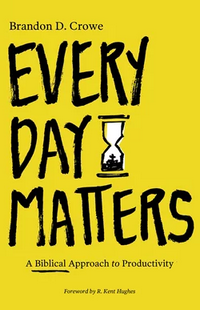Earlier in the week, I threw a spotlight on Can You See My Scars by Samuel Moore-Sobel, and now Moore-Sobel is stopping by with this guest post. Give it a read and then go check out his book.
Making Peace With My Face
I used to hate my face.
As a teenager, I was in a painful accident involving sulfuric acid. The accident left me with scars on my face and arms. Gone was the smooth skin, replaced by rough, red, seemingly foreign objects covering the part of me most people see first when I come into view. As a result, looking in the mirror became a painful act.
I, like so many others, had something that I wanted to change about my physical appearance. I wanted my face to revert to its previous state. I looked back at old family pictures and longed to resemble the image of my previous self. I didn’t know how to adjust to my new appearance. All I wanted was to don a different face.
I liked the one with which I emerged from my mother’s womb. I liked the way my face grew during my childhood years. Even as a teenager, I enjoyed growing facial hair, only to shave days later, returning my face to its most natural state. During those days, I wanted to share my clean-shaven face with the world.
Motivated by pain and hurt, I spent years attempting to come to peace with my face. Foolishly, I believed some measure of success would drive the feelings of insecurity and inadequacy away for good. Achieving good grades in college, securing a job after graduation. Making a good salary and buying a home. Surely such drastic and positive changes in circumstances would bring me the sense of peace I so greatly desired.
Until such realities did nothing to change what I felt inside. So instead, I turned to relationships, eager to invite a woman into my life in order to have her tell me what I needed to hear. To have someone fall for me, despite my appearance. To love me even though I was unable to offer them a perfect face. I wanted a woman to smooth out the edges of my heart, and inject a sense of attractiveness into my soul.
Whether or not we have endured a traumatic accident, we all do these things, don’t we? There are a myriad of ways to self-medicate, to wish away the pain of the past in order to gain some semblance of peace in the present. So alluring can these forms of distraction be that they carry us away from being able to fully unpack the baggage we inevitably collect as we make our way through life.
Circumstances can so easily rule our existence. Dictating the way we move forward, the decisions we make, the relationships we enter, the life we pursue. Our deep longing and desire to be whole can lead us towards embarking upon life-altering courses. Sometimes, making peace with ourselves is the only way to break free from destructive patterns of thinking and behavior.
For me, it meant I had to make peace with my face. Reframing my experience from one of loss to one of gain. To identify the pieces of myself developed in the wake of trauma, instead of focusing on the many things that evaporated in its wake. To realize I am more than the way I look, or the imperfections of my body, or the scars on my face.
So, while I may never be a male model, I’m not sure that was ever in the cards anyway. And, while my face will never fully be restored to its previous state, I’ve chosen to embrace the marks I carry as indications of survival. To see myself for more than the physical attributes of my being, and instead adopt a more holistic view of my personhood in a world so eager to judge others by how they look.
So to those of you struggling with body image, take heart. Your physicality, even perceived imperfections, help make you unique in a world clamoring for conformity. The scars you carry or the physical characteristics you wish you could change are an inherent part of your humanity. For better or worse, they are a part of you. And the world needs you, all of you.
Even the parts of yourself you wish you could change.
Samuel Moore-Sobel is the author of Can You See My Scars? His book is available for purchase through Mascot Books and on Amazon. To learn more about the author, visit www.samuelmoore-sobel.com
![]()


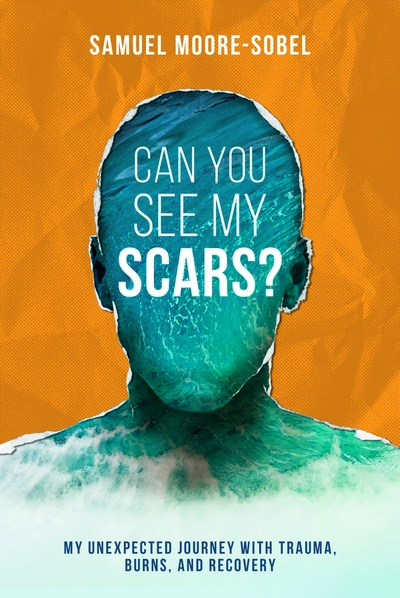


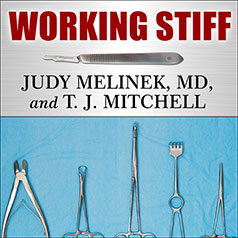

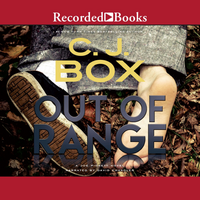
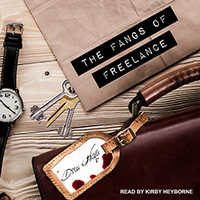

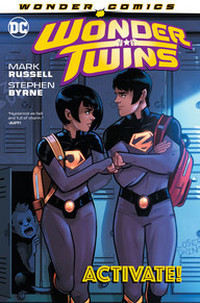




 Grab a book, any book.
Grab a book, any book.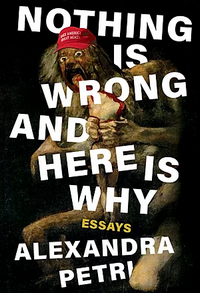


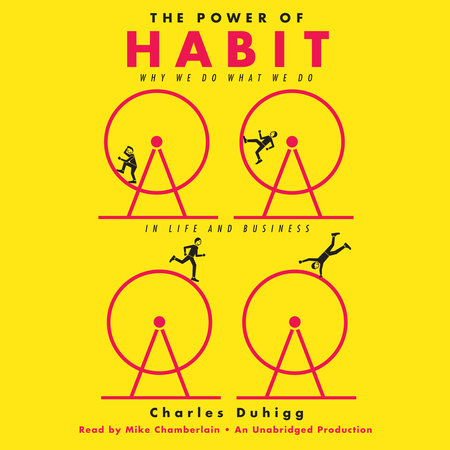
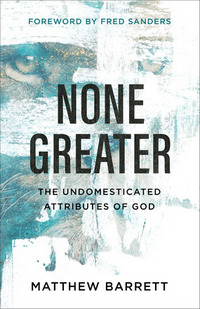

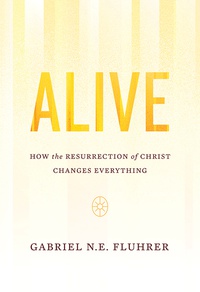
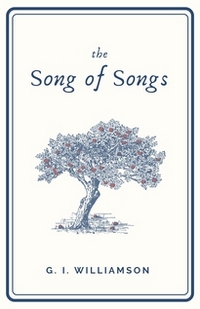
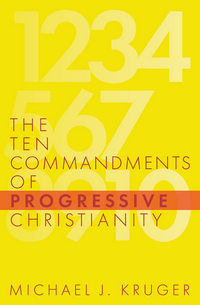
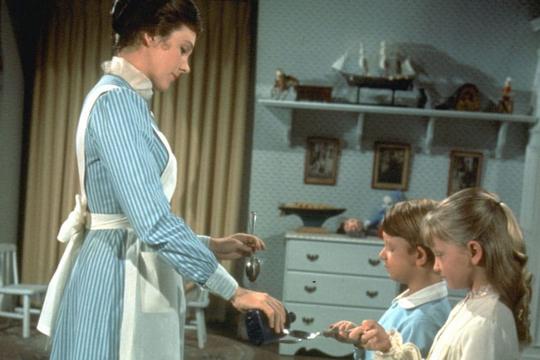 So I stumbled onto my notes from
So I stumbled onto my notes from 
